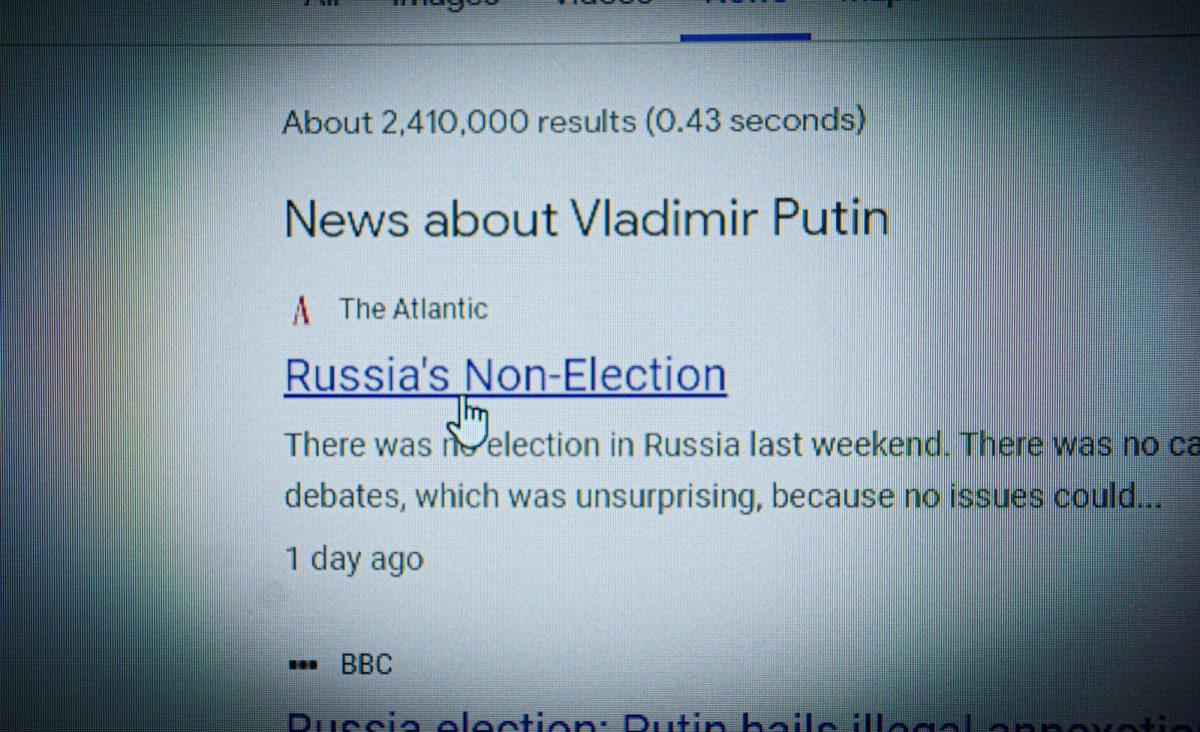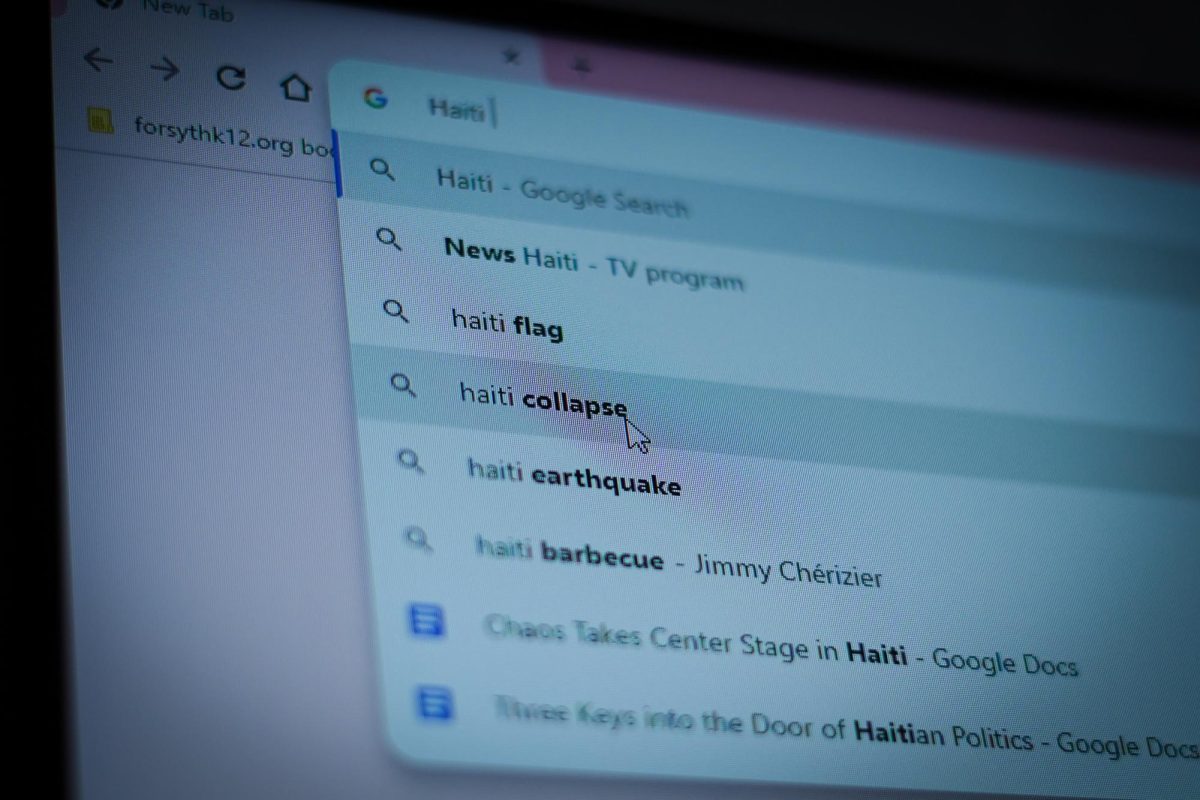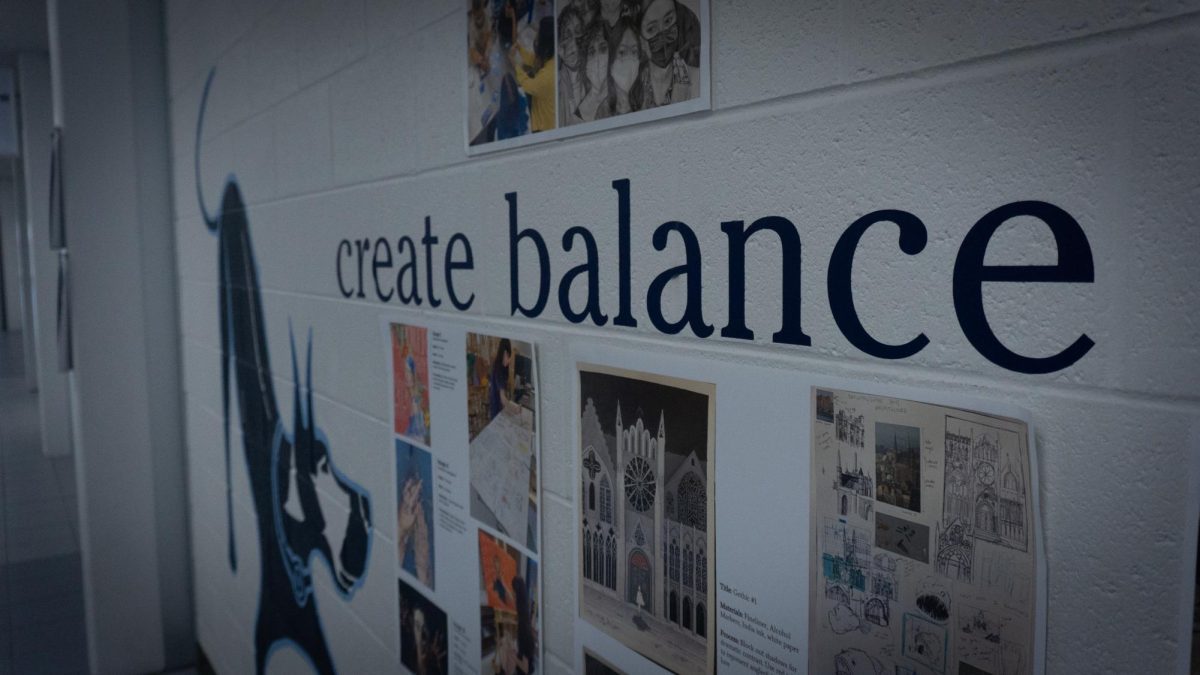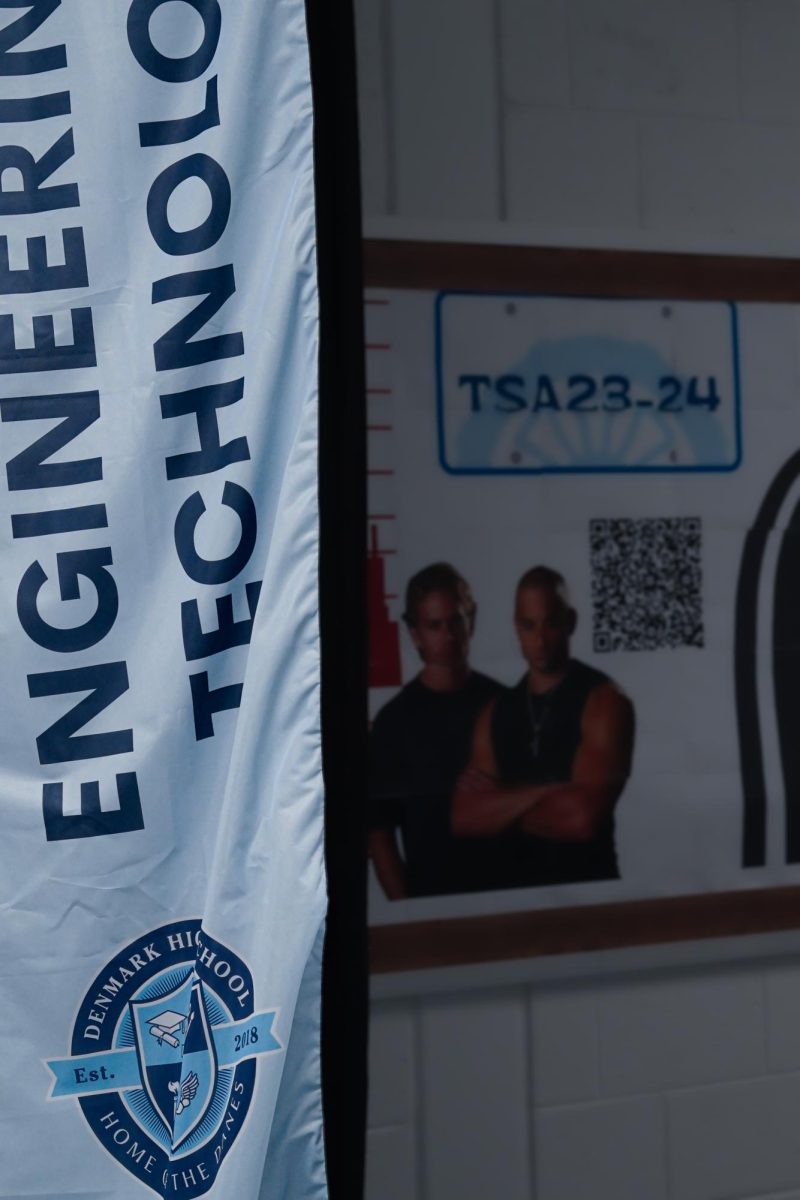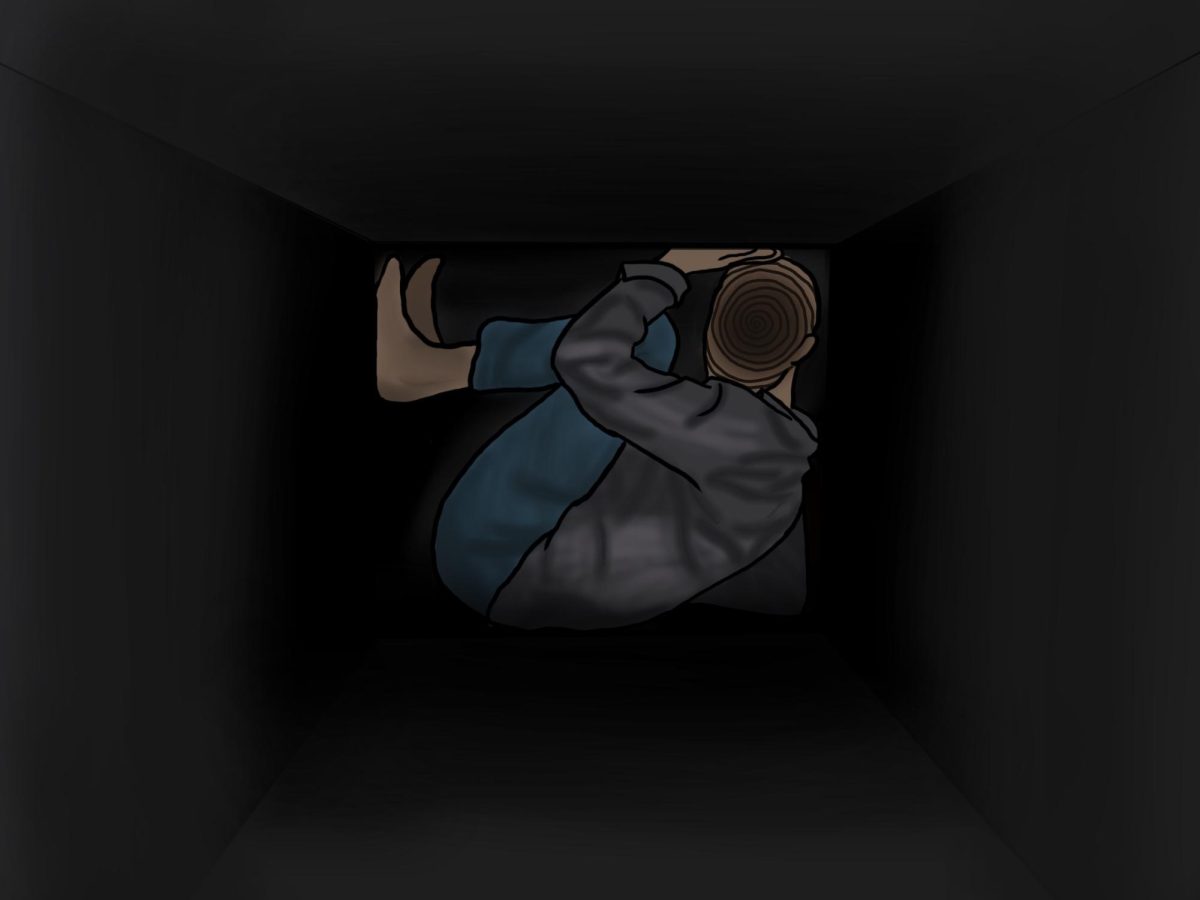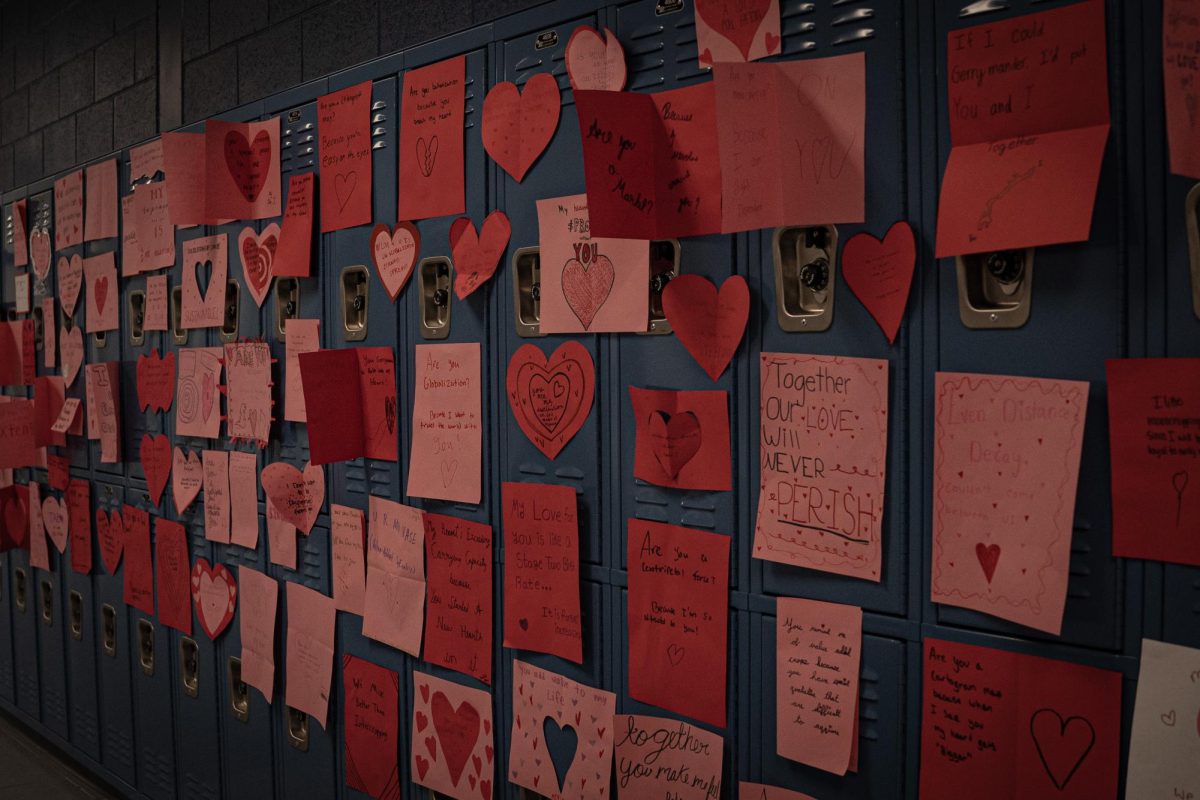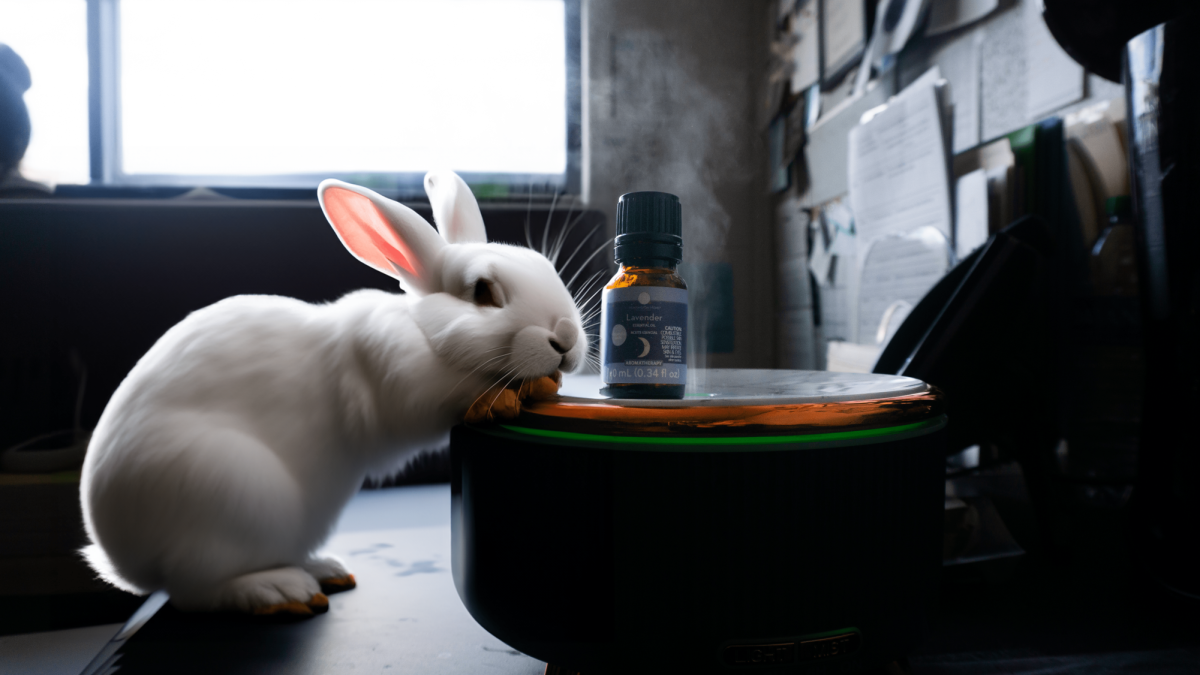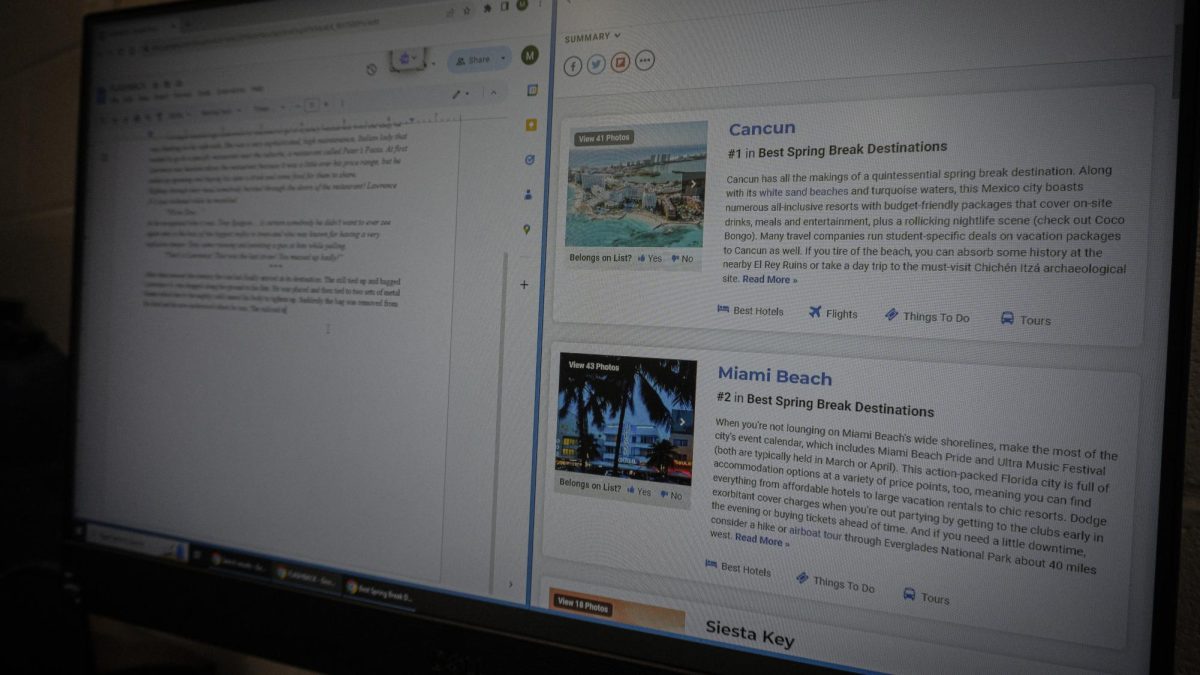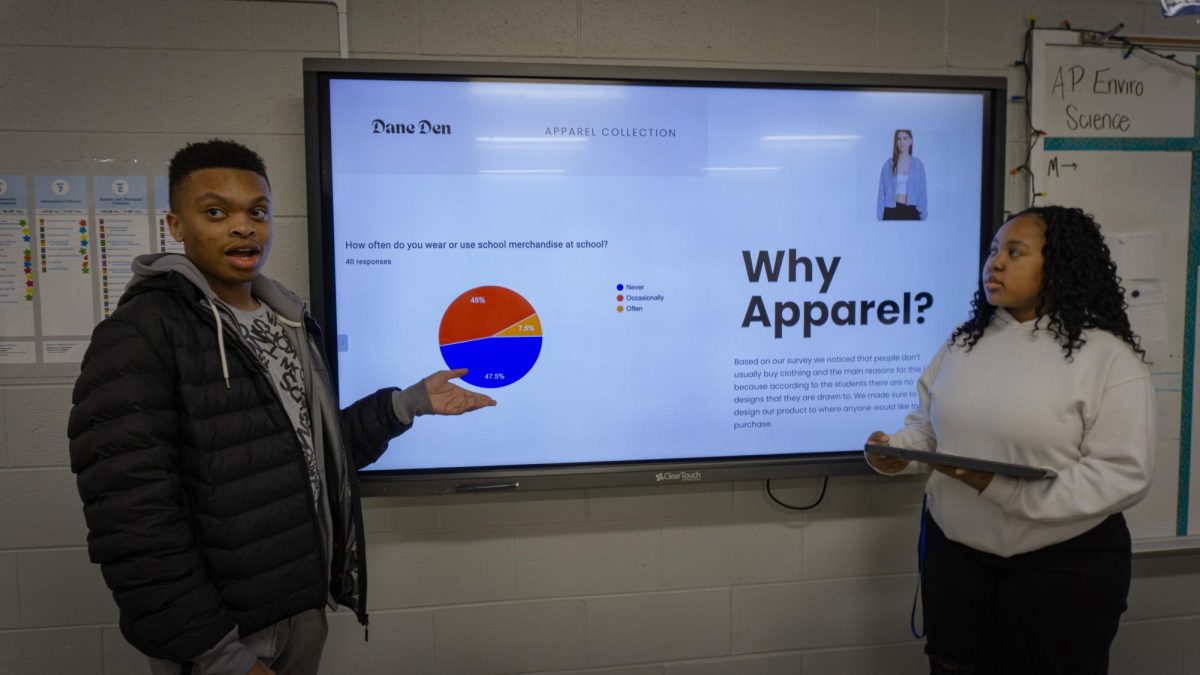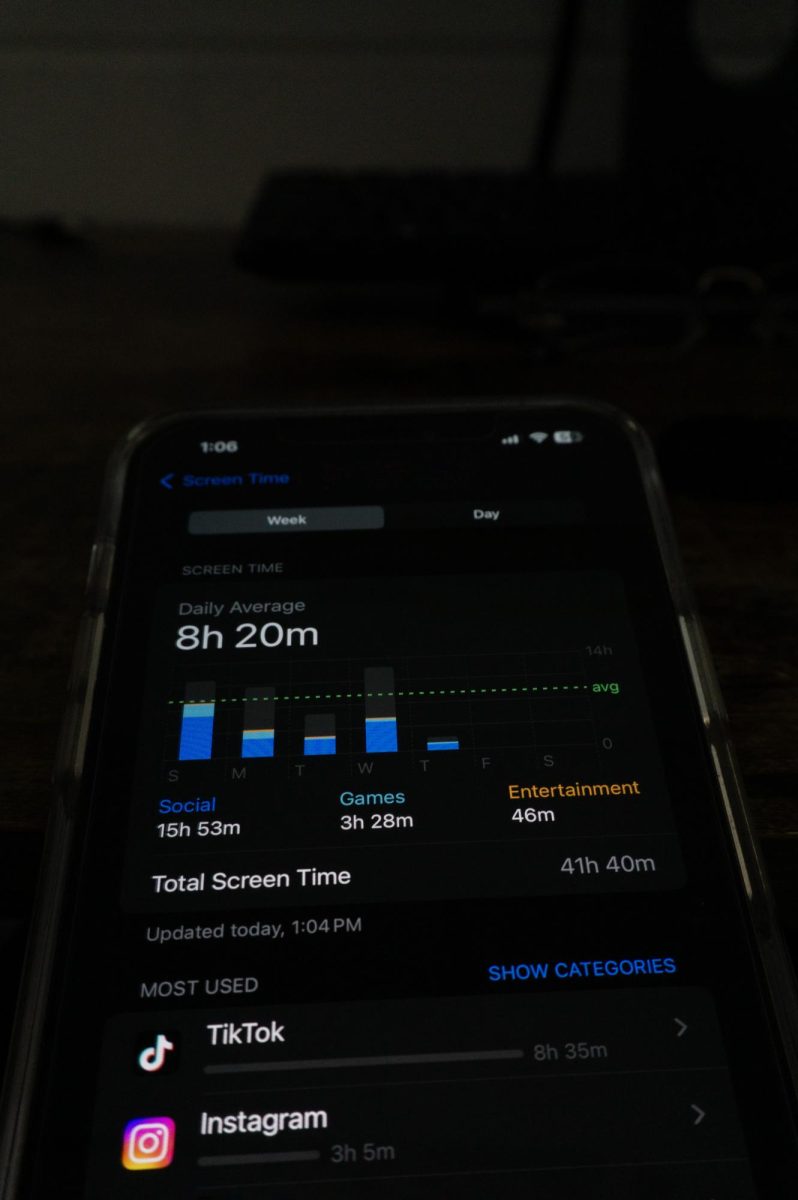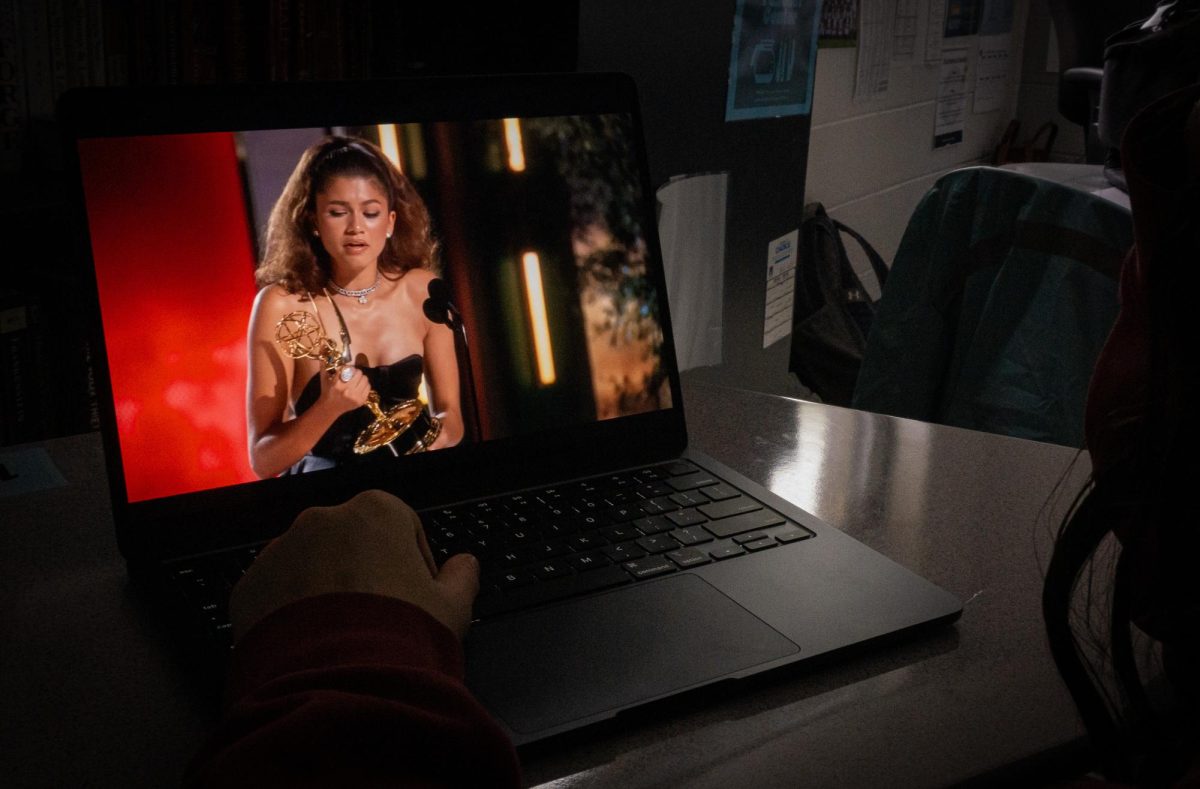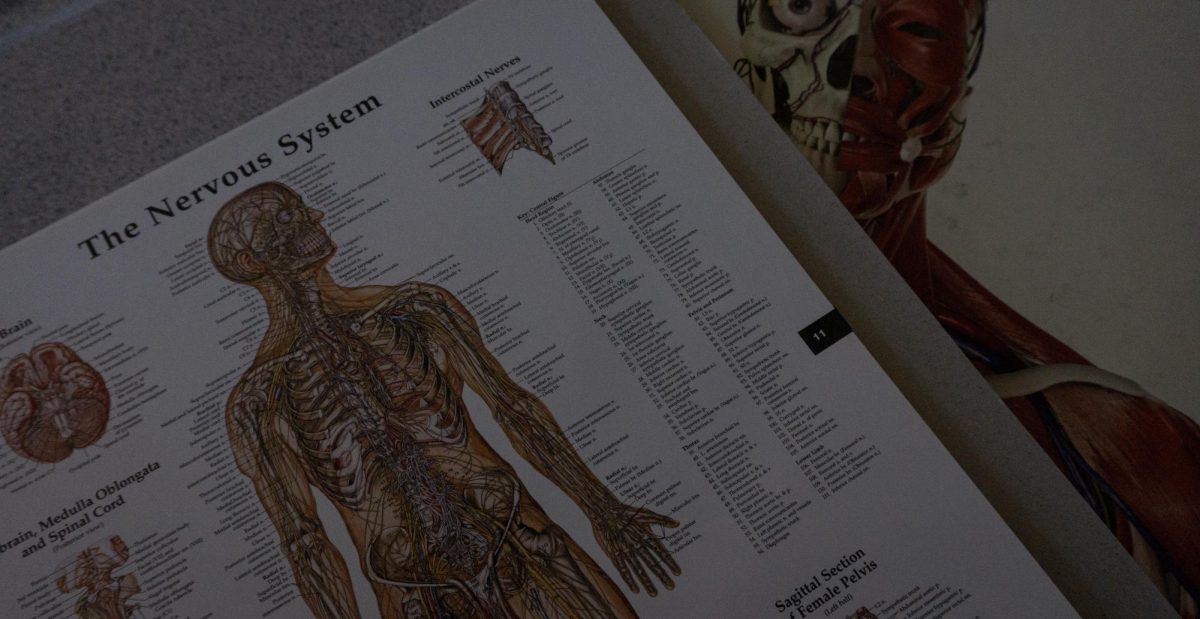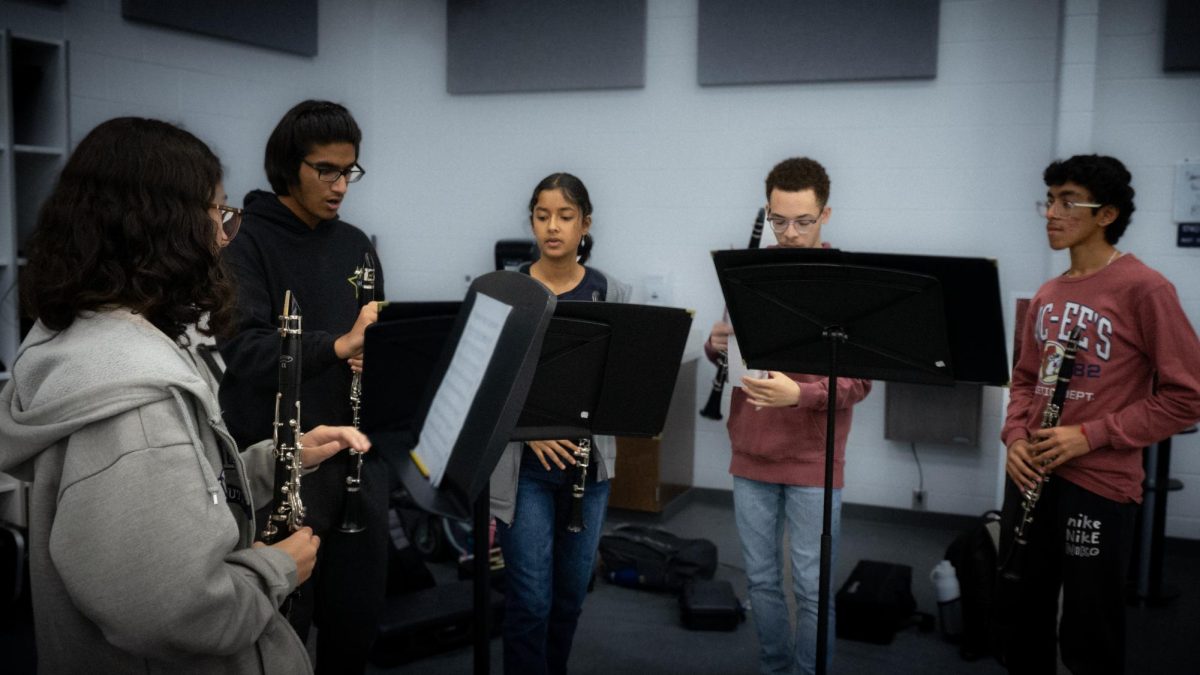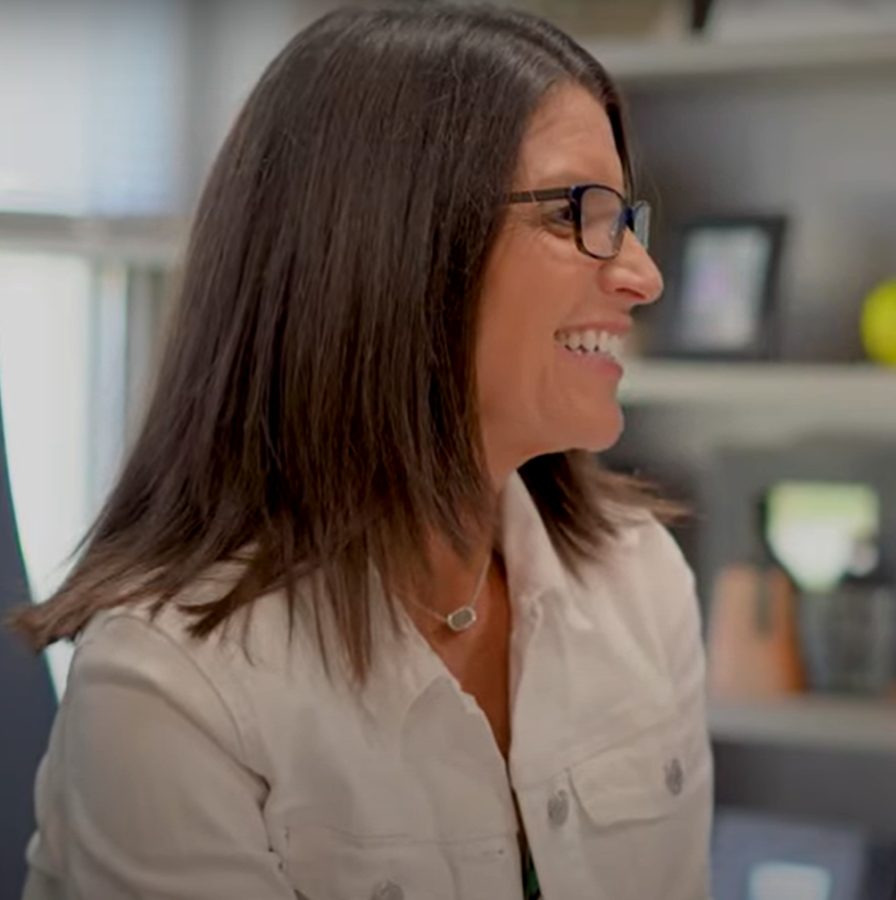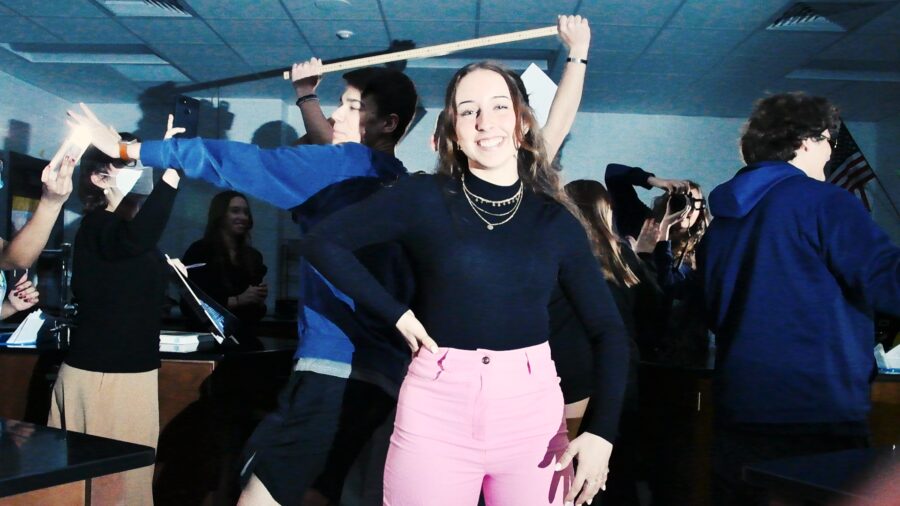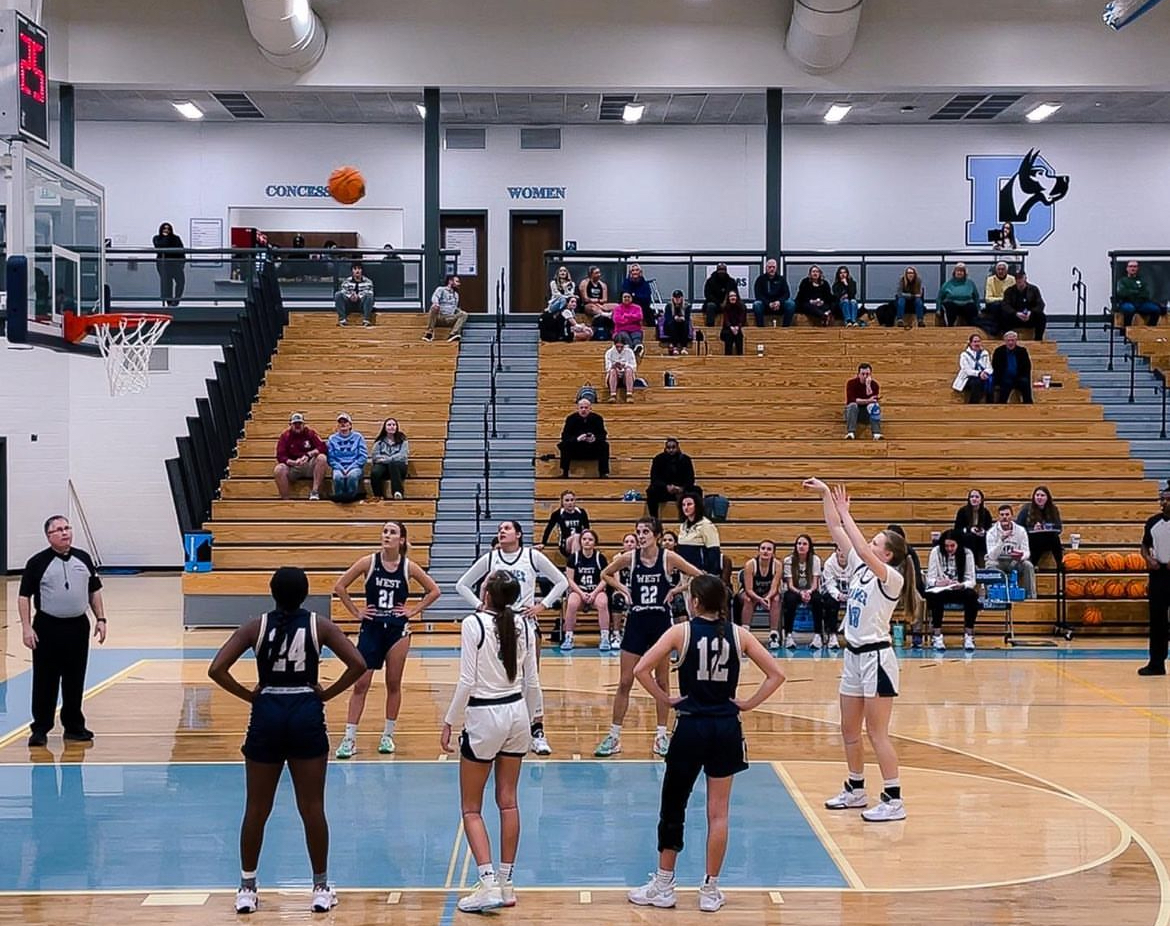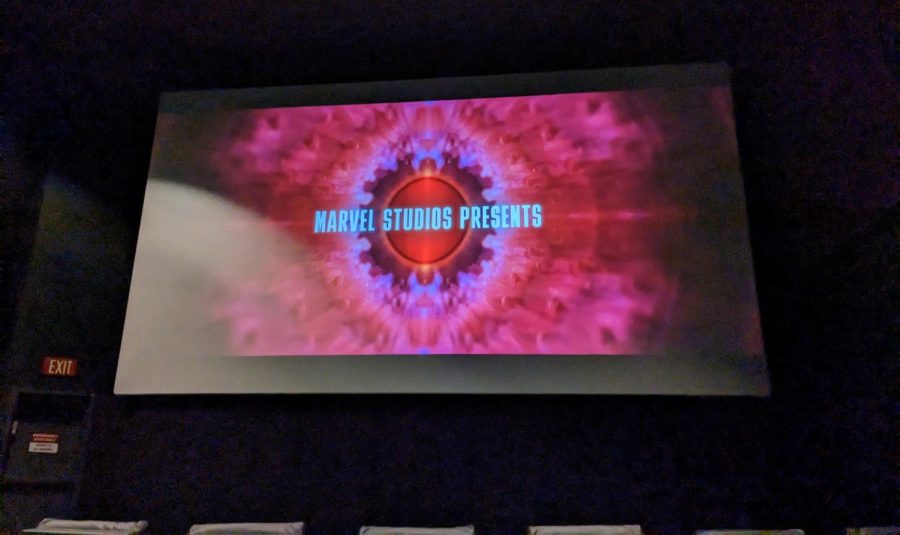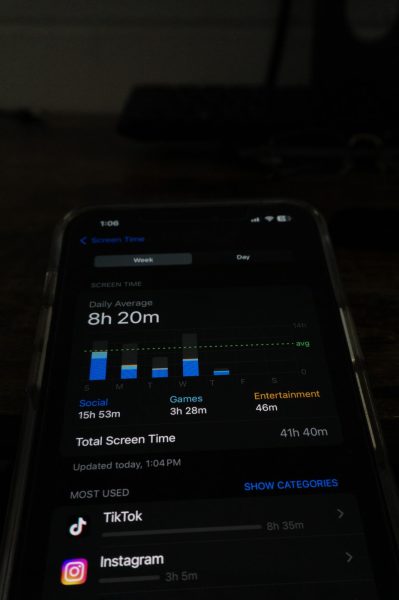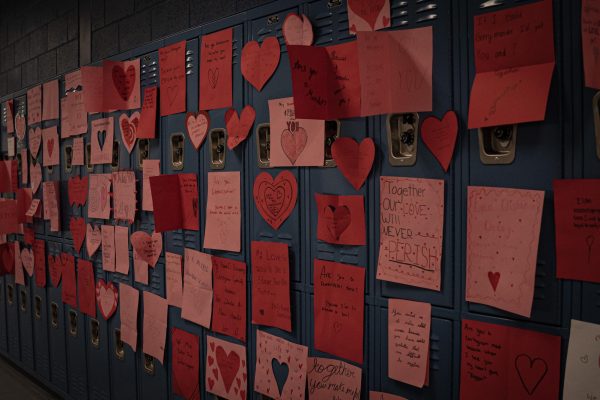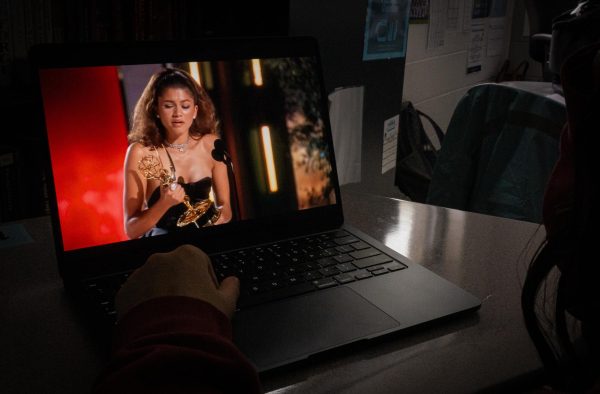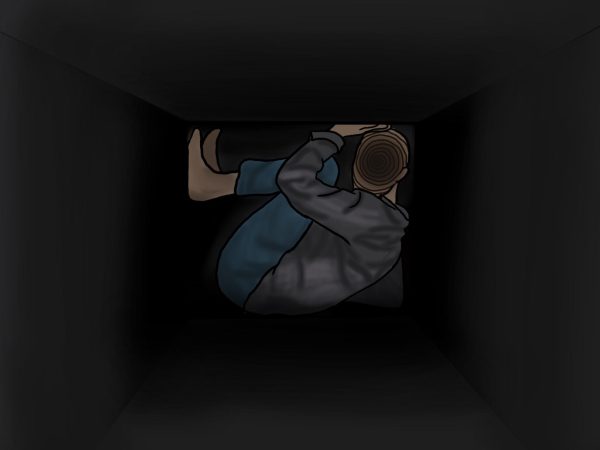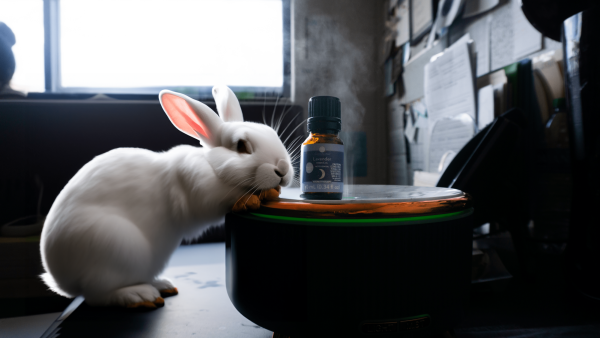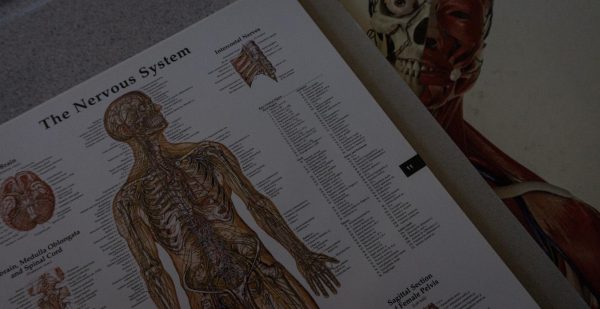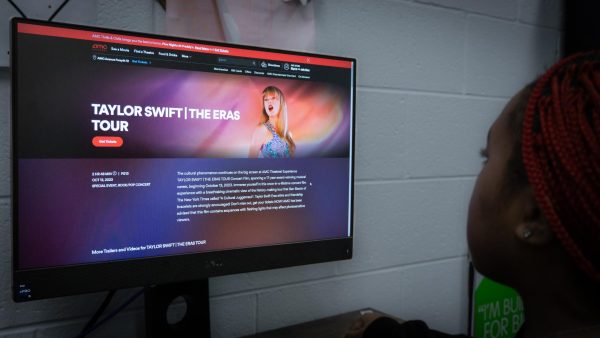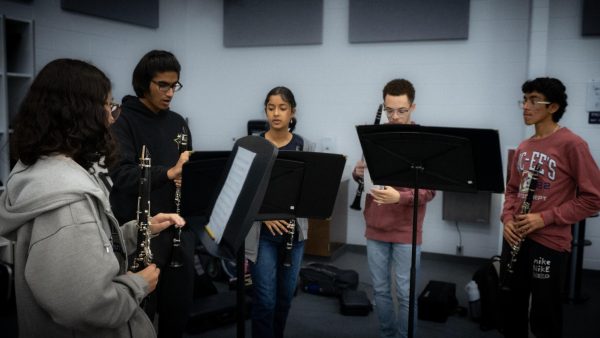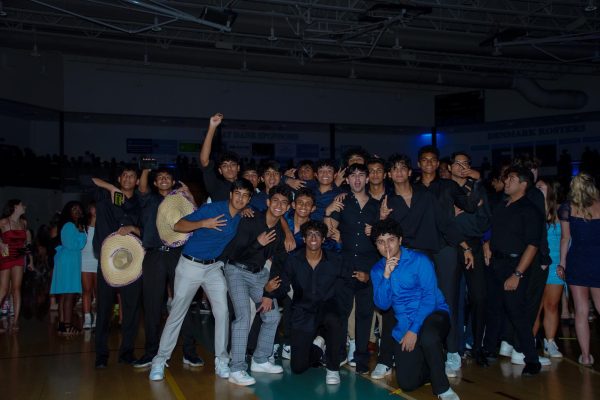Danger of Comfort and the Death of Indie
Oftentimes, the only movies that make it to the theater are the ones that already have big names.
Tsunami-level waves of media content are released daily in this era of media. Upon opening streaming services, prospective television and movie viewers drown in a sea of seemingly endless selection. Whether they’re searching for a simple distraction or an invigorating watch, it can be difficult to look past what’s comfortable. Consequently, benefactors notice subscribers constantly revisiting old favorites. They see a group begging for continued content and a recent Hollywood habit is reinforced: rekindling pre-sold franchises.
Tale as old as time, executives renew reliable sources of income, which used to entail amiable actors and directors, but, as of late, they’re turning to pre-sold franchises. These are stories and characters that an audience is familiar with, which makes them easy to connect to in an age of abundance. Think of shows such as “Fuller House,” “Gilmore Girls: A Year in the Life,” and “That 90’s Show,” in addition to movies like “Enola Holmes” and “He’s All That.” They’re well-known stories revamped for a modern audience, and although they can be fun, when consumers cling to established existences like a life raft, proprietors are able to produce unoriginal pieces and profit from it.
As of late, companies like Netflix have been taking on too many projects, falling further into debt, causing them to drop anything that doesn’t have a “Stranger Things” level of popularity. For example, there’s the cancellation of Netflix’s animated original “Inside Job.” Many students were infuriated at its discontinuation, especially since prior it was promised another season. Senior Delaney Urquhart-Foster says,“I feel like Netflix itself is losing respect for artists and shows with actual potential, and using their budget on something else they think might get consumed more.” It makes it difficult for artists to become trailblazers, and writers have begun to turn solely to pre-sold franchises in search of a consolation prize: a steady paycheck.
This issue extends to theaters as well. Across the globe, out of the top ten highest grossing box office movies in 2022 there’s only one non-sequel or remake. Denmark’s teacher of Dramatic Writing, Mr. Jordan, says, “Although I am entertained by the Marvel films, they’re not all my favorites. So, I’m happy that there’s kind of a little bit of a lull in there.” He views movies through the lens of a writer, searching for a storyline and meaningful dialogue. So, while he believes that Marvel can be fun and well-written, their movies are cut from the same cloth. Mr. Jordan asserts, “So, as long as the writing is good, I’m okay with it. When something is done, you know, for the sake of making money, it’s obvious to me because the writing is usually not as well done.”
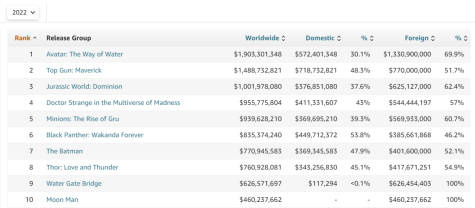
Despite these noble intentions, how can the quality of a piece be observed if it flies under the radar? The theaters aren’t exactly packed with independent films, and even established creatives struggle to be noticed. Take Paul Thomas-Anderson for example. An 11-time Oscar nominee, his first critical success in 1997, “Boogie Nights,” made 43.1 million dollars at the box office on a 15 million dollar budget. He continued to make profit 20 years later with his film “Phantom Thread,” which pulled in 47.8 million dollars on a 35 million dollar budget. But, in 2021, even he, a renowned artist, was thwarted by the box office. His film “Licorice Pizza,” which cost a whopping 40 million dollars, was only able to bring in a 6.6 million dollar profit. On the other hand, it was nominated for Best Picture, Best Director, and Best Original Screenplay at the Academy Awards. In that same year, the highest grossing film was Marvel’s “Spider-Man: No Way Home.” If all eyes are on mainstream movies, it’s difficult to determine if other art is worthwhile.
Next time that a ticket to a sequel is bought or a rerun episode enjoyed, consider its isolated value. It’s up to the viewer to decide its quality. They’re the ones with the paychecks, and they have the purchasing power, so it’s up to the public to produce content that’s worth it.

How do you think the site looks? As you read this, I'm probably tinkering around with it, so say nice things. While awards and merit are important, my...


